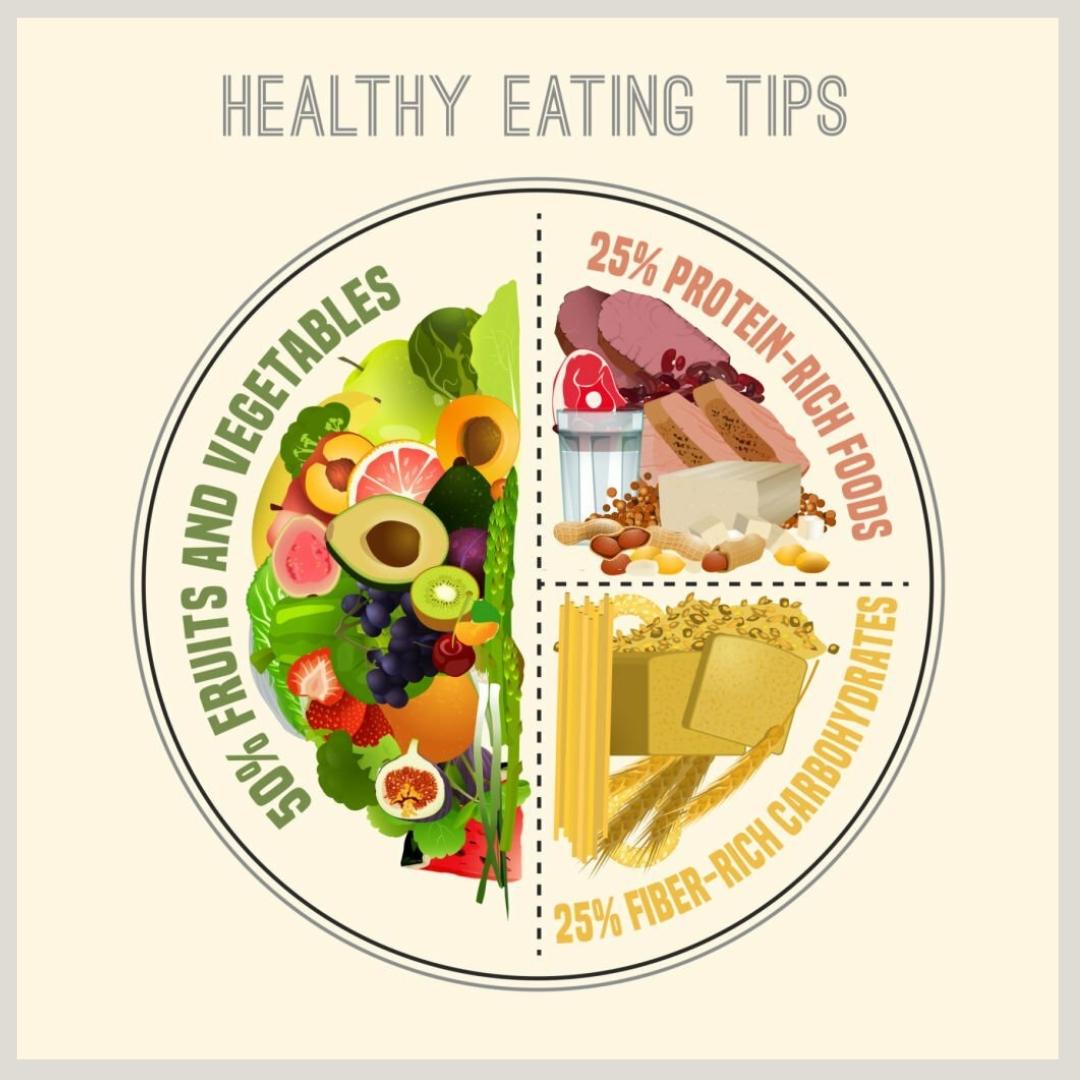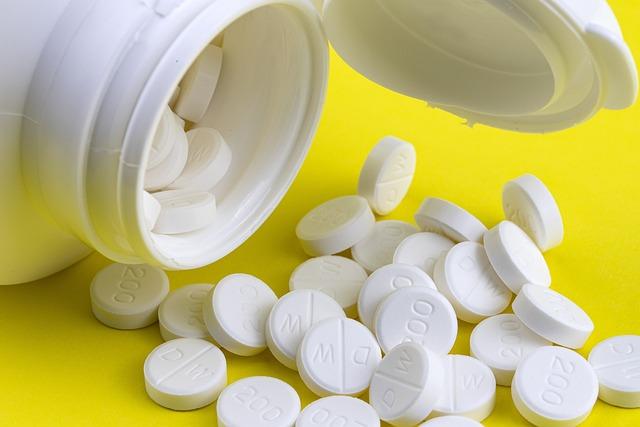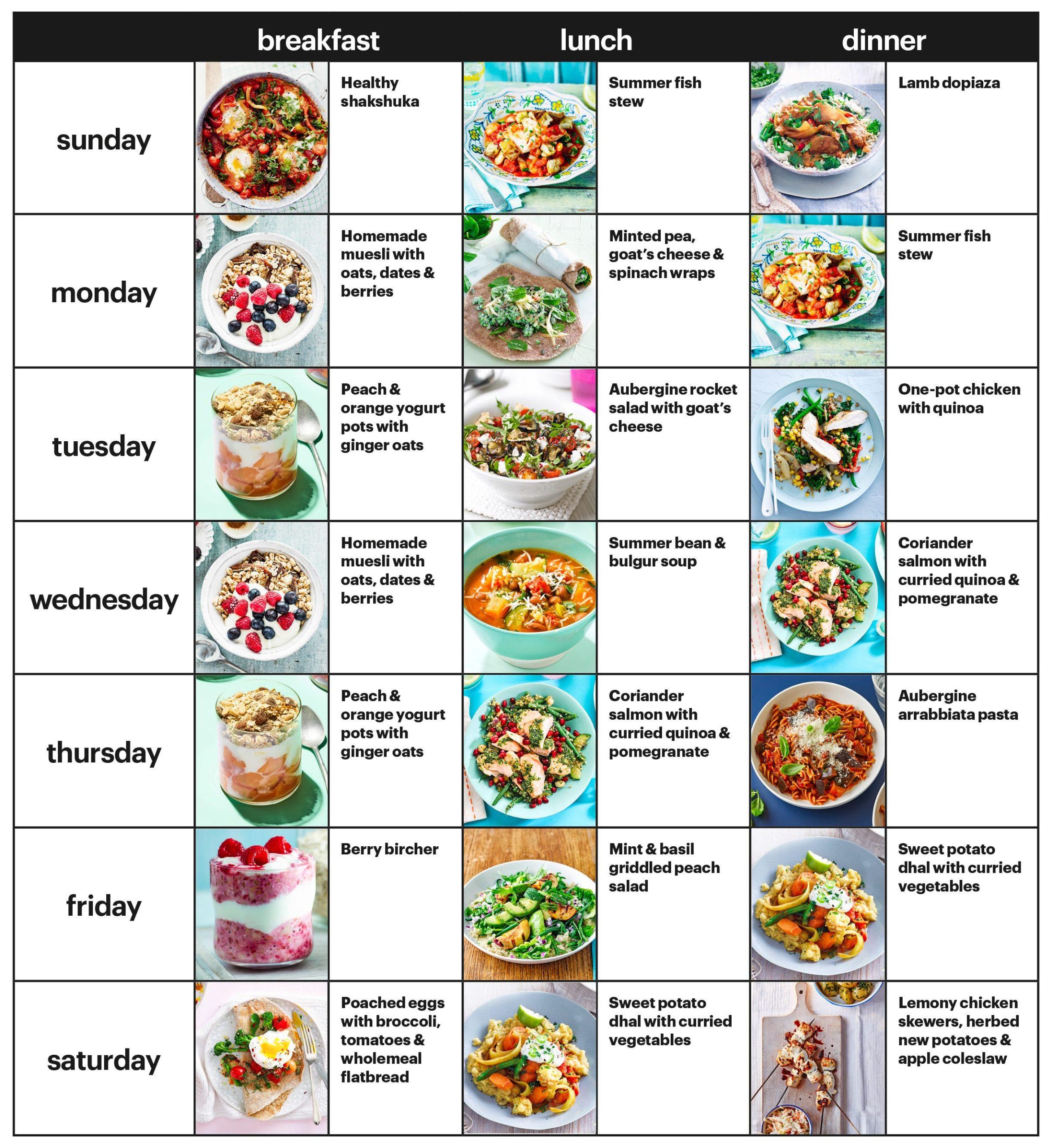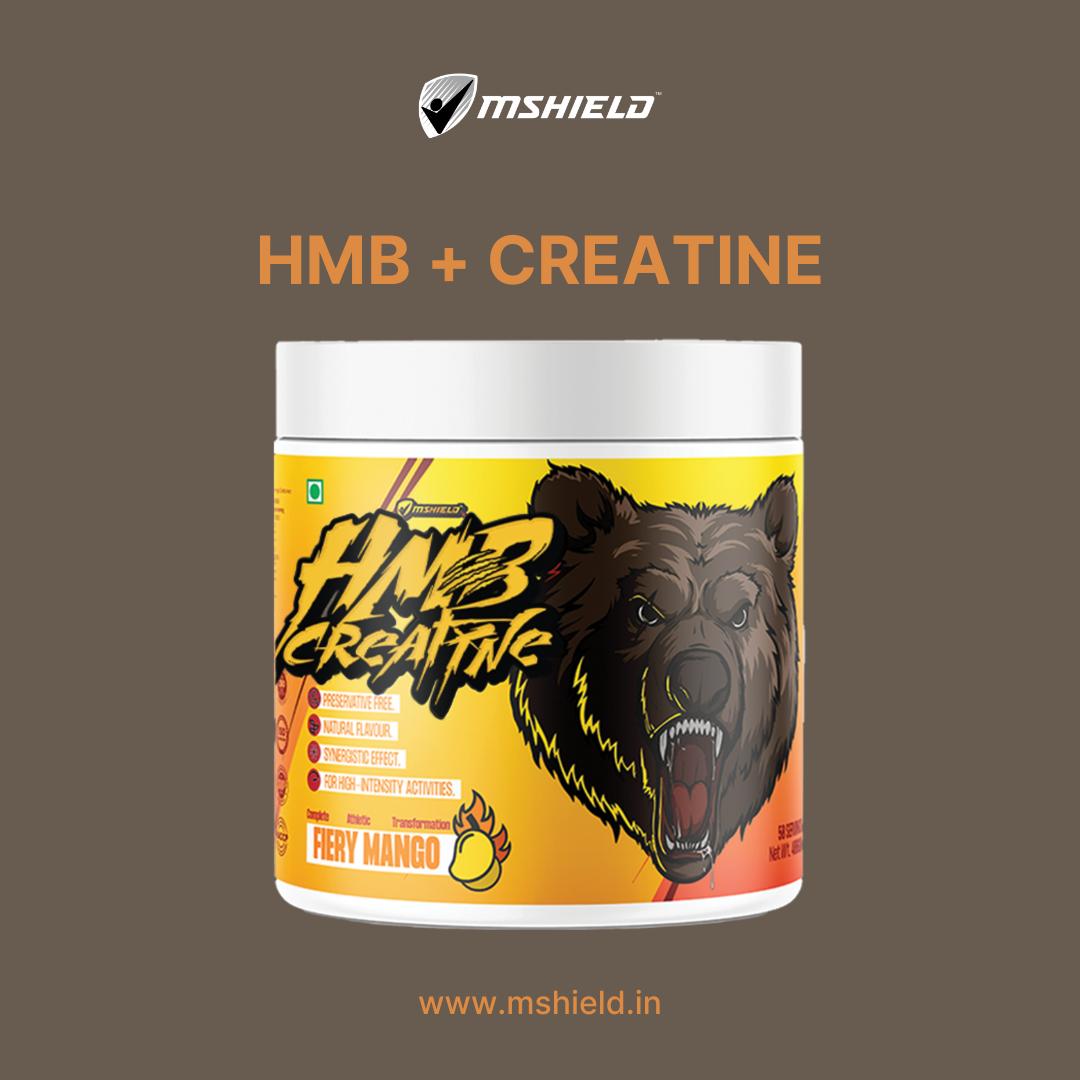Creating a diet plan that complements and enhances your workouts is a crucial step in maximizing your fitness potential. Whether you’re a seasoned athlete or a fitness enthusiast just starting out, understanding the symbiotic relationship between nutrition and exercise can elevate your performance and help you achieve your goals more efficiently. This guide will walk you through the essential components of building a diet plan tailored to your unique needs, ensuring you fuel your body with the right nutrients at the right times. With a strategic approach to nutrition, you’ll not only enhance your workout effectiveness but also support recovery and overall well-being. Let’s dive into the key principles of crafting a diet plan that will power your workouts and propel you toward your fitness aspirations.
Understanding Nutritional Needs for Optimal Performance
When it comes to tailoring your diet for peak physical performance, understanding your body’s nutritional demands is crucial. Your energy levels, recovery time, and muscle growth are all directly impacted by what you eat. Focus on a balanced intake of macronutrients and micronutrients to support your workout regimen.
- Carbohydrates: The primary fuel source for your muscles. Opt for complex carbs like whole grains, oats, and sweet potatoes to maintain sustained energy levels.
- Proteins: Essential for muscle repair and growth. Incorporate lean meats, fish, eggs, and plant-based proteins like beans and lentils into your meals.
- Fats: Vital for hormone production and energy. Include healthy fats from avocados, nuts, seeds, and olive oil.
- Vitamins and Minerals: Crucial for overall health and performance. Eat a variety of colorful fruits and vegetables to ensure a wide range of nutrients.
Remember, hydration plays a significant role in performance too. Aim to drink plenty of water throughout the day to keep your body well-hydrated and ready for action. Tailor your diet plan based on your specific goals and adjust as needed to ensure you’re meeting your nutritional needs effectively.
Selecting the Right Macronutrients to Fuel Your Workouts
To optimize your workout performance and recovery, it’s crucial to understand how different macronutrients play a role in your diet. Carbohydrates are your body’s primary source of energy, especially during high-intensity exercises. They replenish glycogen stores in your muscles, ensuring you have the stamina to power through your sessions. Proteins are the building blocks for muscle repair and growth. Incorporating a good amount of protein in your diet helps in muscle recovery post-workout and supports the development of lean muscle mass. Fats, though often misunderstood, are essential for maintaining energy levels during prolonged, lower-intensity workouts. They also aid in the absorption of fat-soluble vitamins, which are vital for overall health.
- Carbohydrates: Focus on complex carbs like whole grains, fruits, and vegetables.
- Proteins: Include lean meats, dairy, legumes, and plant-based proteins.
- Fats: Opt for healthy fats from sources like avocados, nuts, seeds, and olive oil.
Balancing these macronutrients according to your workout intensity and goals is key. For instance, a high-carb intake may be more beneficial for endurance athletes, while strength trainers might prioritize protein. Always tailor your macronutrient distribution to fit your specific fitness objectives.

Timing Your Meals to Maximize Energy and Recovery
Strategically timing your meals can significantly enhance your workout performance and post-exercise recovery. Consider eating a balanced meal that includes carbohydrates, proteins, and healthy fats about 3-4 hours before exercising. This approach ensures that your body has enough time to digest the food and convert it into energy, preventing any discomfort during your workout. If you’re in a rush or working out early in the morning, a lighter snack, such as a banana with almond butter or a protein shake, consumed 30-60 minutes before exercise can provide a quick energy boost.
After exercising, refueling is crucial to replenish glycogen stores and repair muscle tissue. Aim to eat a meal rich in protein and carbohydrates within 30-60 minutes post-workout. This can include options like:
- Grilled chicken with quinoa and steamed vegetables
- Greek yogurt with berries and honey
- A smoothie made with spinach, protein powder, and a banana
Remember, consistency is key. Regularly consuming well-timed meals helps maintain energy levels throughout the day and optimizes recovery, allowing you to perform at your best in each workout session.

Incorporating Supplements for Enhanced Workout Results
To truly elevate your workout regimen, integrating the right supplements can be a game-changer. It’s crucial to select supplements that align with your fitness goals, whether it’s building muscle, enhancing endurance, or speeding up recovery. Here are some popular options to consider:
- Protein Powder: An essential for muscle repair and growth, protein powder is versatile and can be easily added to shakes or meals.
- Creatine: Known for boosting strength and power, creatine can enhance your performance during high-intensity training.
- Branched-Chain Amino Acids (BCAAs): These help reduce muscle soreness and improve recovery, making them ideal for those intense workout days.
- Omega-3 Fatty Acids: They play a crucial role in reducing inflammation and promoting joint health, keeping you agile and pain-free.
- Beta-Alanine: Aids in delaying muscle fatigue, allowing you to push harder and longer during workouts.
Pro Tip: Always consult with a healthcare professional before starting any new supplement to ensure they are safe and effective for your personal health needs.




